Our people

World-class data experts
We are a multi and interdisciplinary Institute, bringing together expertise in analytics and data science from across our University.
Our academics and researchers are leading the way internationally in advanced analytics and data science. We're shaping new thinking, accelerating discovery and nurturing bright ideas to improve lives.
Our experts
Core Institute members
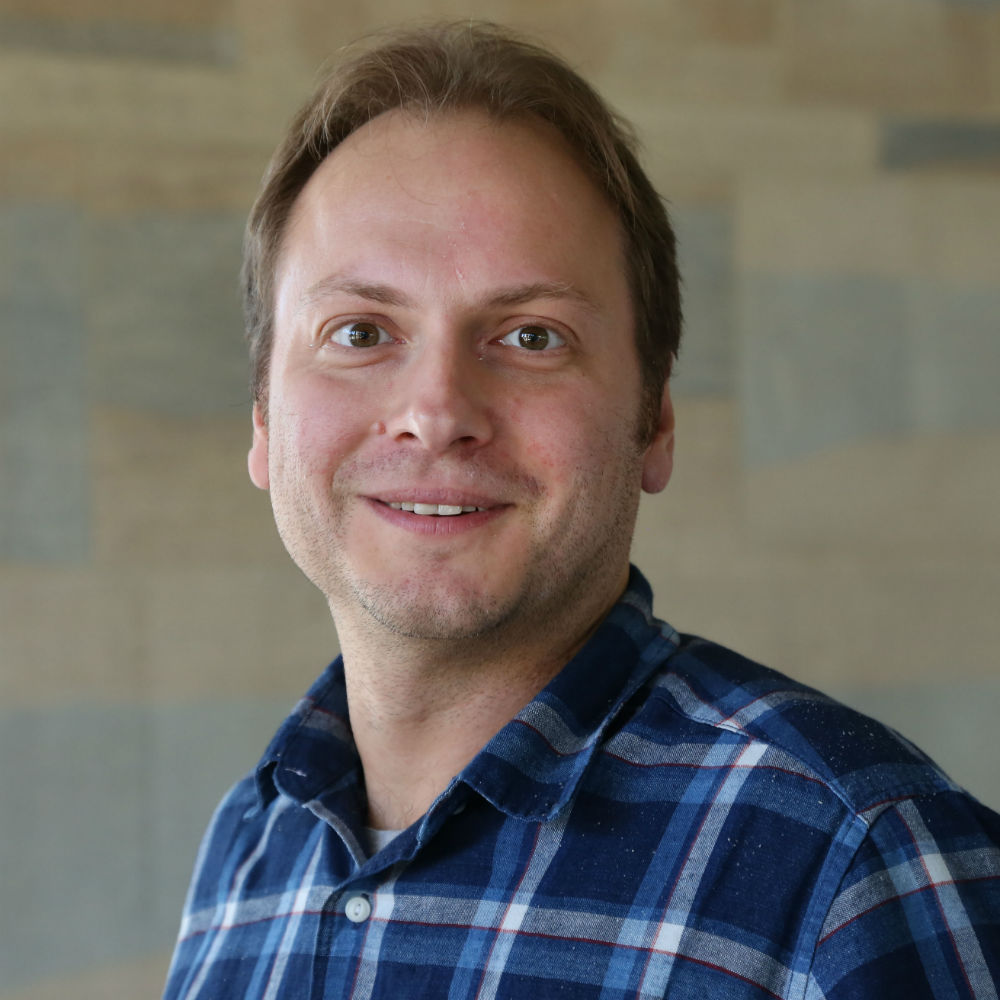
Chief Scientific Adviser for the county of Essex
School of Computer Science and Electronic Engineering, University of EssexField of study: Reinforcement learning, machine learning, neural networks, role playing games.
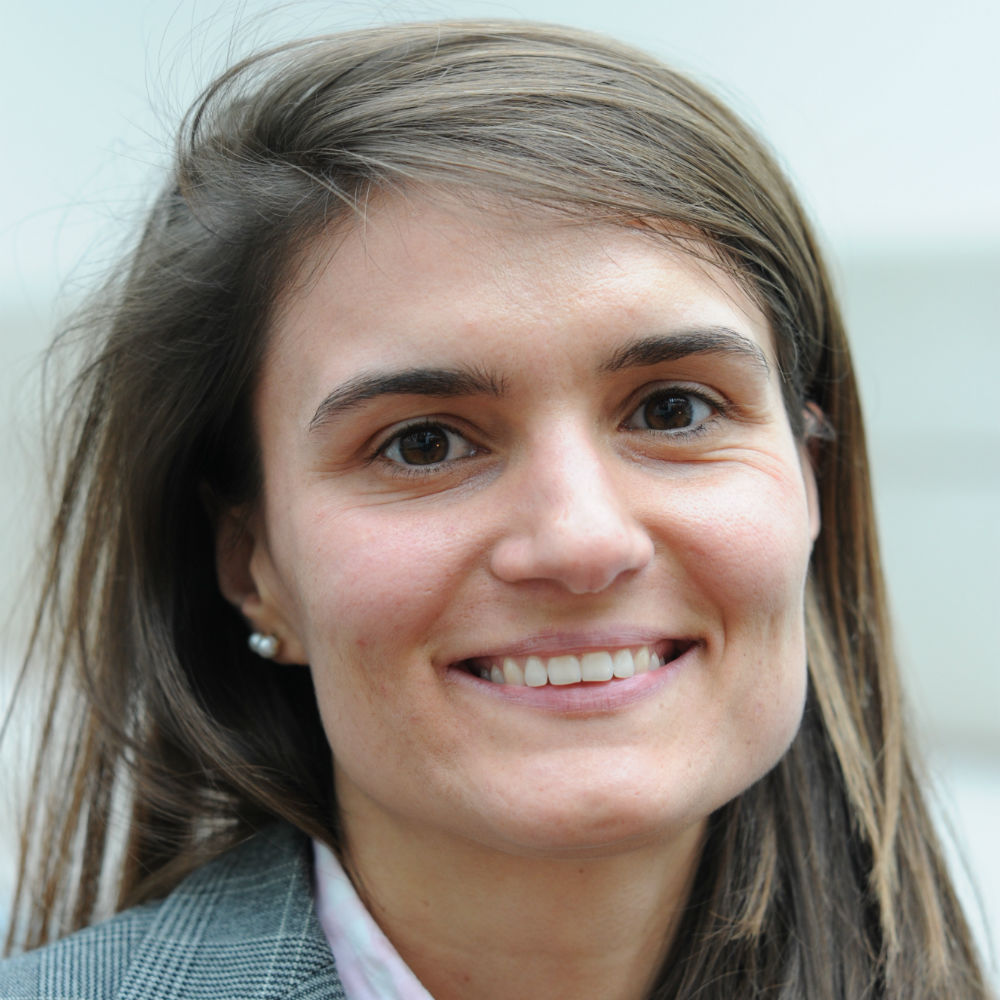
Deputy Director of IADS
EBS - Strategy, Operations and Entrepreneurship (SOE), University of EssexResearch interests: Innovation, Digitalisation & Cybersecurity, Environmental Management, and Entrepreneurship.
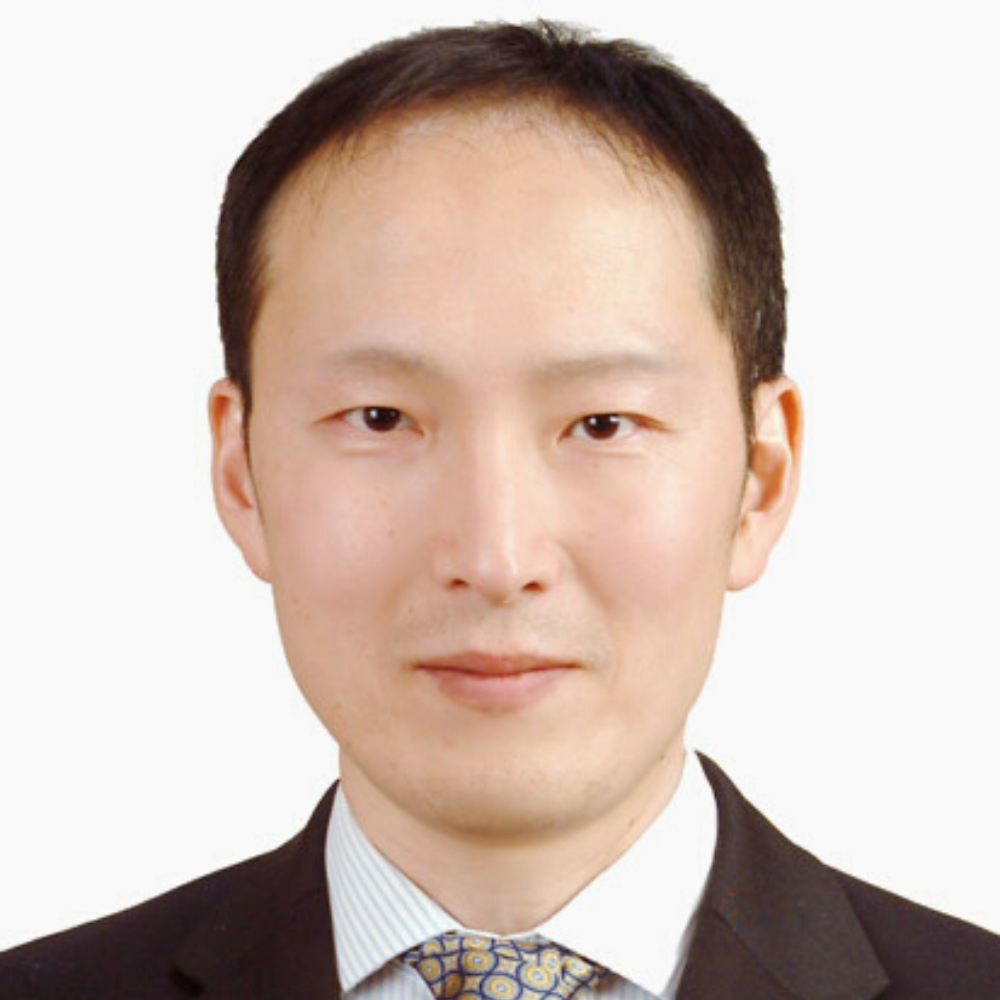
Research Fellow (IADS)
School of Computer Science and Electronic Engineering (CSEE), University of EssexResearch interests: Machine learning, energy-efficient machine learning, trustworthy AI, tinyML, federated learning, kernel methods, signal processing, FPGAs, numerical linear algebra, the mathematical and computational foundation of energy-efficient machine learning, accuracy and stability analysis of machine learning according to dynamically varying environments, and incorporating numerical linear algebra properties into machine learning frameworks.
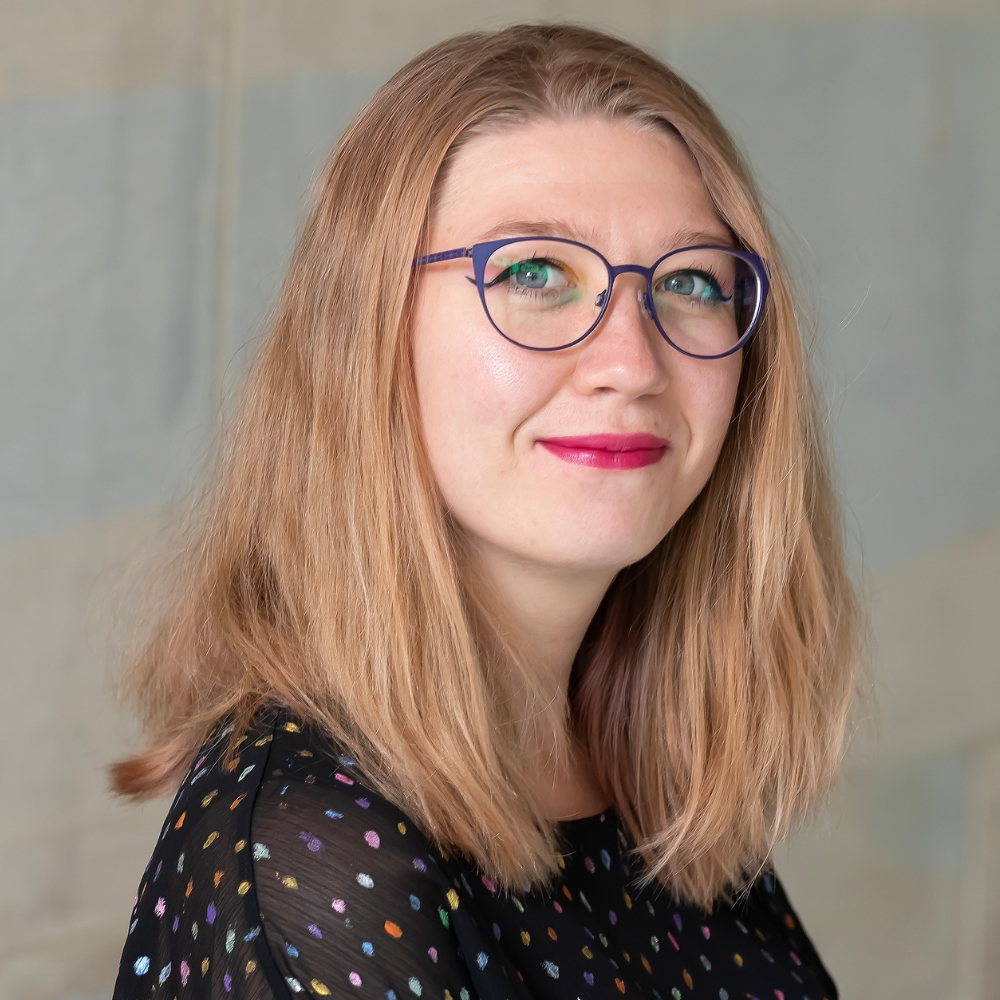
Research Fellow (IADS)
Department of Language and Linguistics, University of EssexResearch interests: Sociolinguistics, language variation and change, the impact of speech technologies on speech communities and speech technologies and AI ethics.

Research Fellow (IADS)
School of Computer Science and Electronic Engineering, University of EssexResearch interests: Cybersecurity.

KTP Associate
Institute for Analytics and Data Science, University of Essex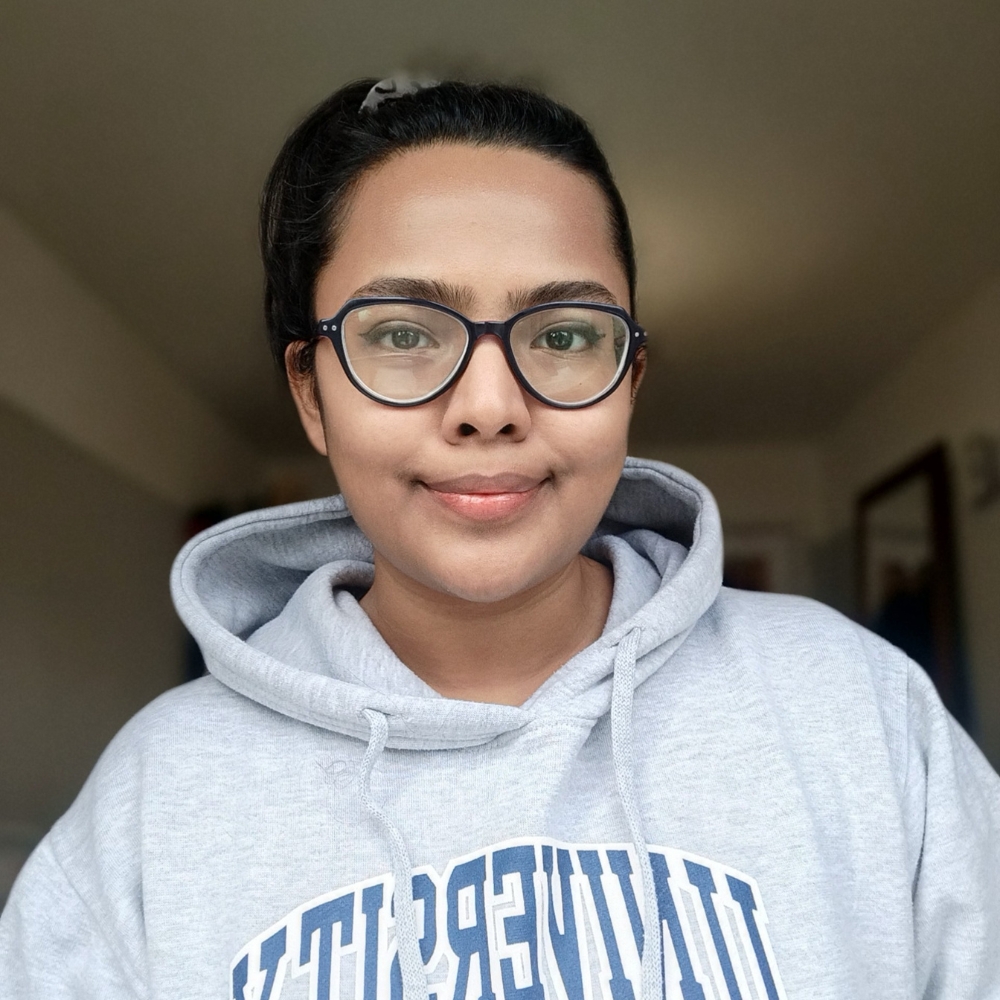
KTP Associate
Institute for Analytics and Data Science, University of Essex
KTP Associate
Institute for Analytics and Data Science, University of Essex
Postgraduate Research Student
Institute for Analytics and Data Science, University of Essex
Postgraduate Research Student
Institute for Analytics and Data Science, University of Essex
Postgraduate Research Student
Institute for Analytics and Data Science, University of Essex
Postgraduate Research Student
Institute for Analytics and Data Science, University of EssexPostgraduate Research Student
Institute for Analytics and Data Science, University of EssexAlumni
- Professor Maria Fasli - Founding Director of IADS.
- Dr David Clark - quantitative ecology, microbial ecology, macroecology, modeling and statistics, bioinformatics, next generation sequencing.
- Dr Amanda Cole - sociolinguistics, language attitudes, language variation and change.
- Dr Jennifer Hoyal Cuthill - biological machine learning, computational palaeobiology, quantifying evolutionary convergence.
- Dr Ana Matran-Fernandez - Brain-Computer Interfaces, machine learning applied to biomedical signals, Event-Related Potentials (ERPS), memory, decision-making, algorithmic fairness, neural engineering.
- Dr Akitaka Matsuo - computational analysis of political texts, scaling of survey responses and political behaviour, online survey experiments.
- Dr Sefki Kolozali - internet of things, machine learning, semantic web, signal processing, time series analysis, internet of things in healthcare.
- Dr Haider Raza - big data and analytics, Brain-Computer Interfaces, deep learning, transfer learning, non-stationary learning and domain adaptation, artificial intelligence and machine learning, EEG and MEG signal processing, AI in decision making for healthcare.
- Dr Lina Barakat - Decision making under uncertainty, Service-oriented systems, Optimisation algorithms, Trust and reputation mechanisms, Incentive engineering, Machine learning, Multi-agent Systems, Provenance of data and Semantic modelling.
- Dr Kitty Kioskli - Cybersecurity in healthcare, e-health, behaviour change, psychosocial and human factors in critical infrastructures, as well as cognitive and psychological assessment and interventions.
- Dr Alejandro Quiroz Florez - Former Chief Scientific Adviser for the county of Essex.
- Dr Annalivia Polselli - Econometric methods for panel data models, jackknife method, machine learning, labour and gender economics.
- Damian Machlanski - Former Postgraduate Research Student.
- Charmin Pramodya - KTP Associate
- Nikilkumar Patel - KTP Associate
Visiting researchers
- Professor David García Rosado, University of Castilla-La Mancha, Spain
- Dr Christos Kalloniatis, University of the Aegean, Greece
- Dr Shitharth Selvarajan, Kebri Dehar University, Ethiopia
- Professor Antonio Santos-Olmo Parra, University of Castilla-La Mancha, Spain
- Professor Luis Enrique Sánchez Crespo, University of Castilla-La Mancha, Spain
- Dr Elton Sbruzzi, Instituto Tecnológico de Aeronáutica, Brazil
- Damiano Duranti, University of Trento, Italy
- Samara Souza, Federal University of Pará, Brazil
Honorary appointments
- Professor Stephen Kavanagh QPM DL, Executive Director of Policing, Interpol.le
Bioinformatics and biomedical scientists
- Professor Alex Dumbrell - genomic and transcriptomic microbial deep sequencing data and ecoinformatics.
- Dr Antonio Marco - genomics and bioinformatics.
- Professor Terry McGenity - genomic and transcriptomic microbial deep sequencing data.
- Dr Boyd A. McKew - proteomic, genomic and transcriptomic microbial sequencing data, metabolic pathways.
- Dr Metodi Metodiev - proteomics - protein expression and mapping.
- Professor Christine Raines - metabolic pathways and mapping.
- Professor Leo Schalkwyk - epigenomics and gene-environment interaction in mouse and human, bioinformatic data integration.
- Dr Benjamin Skinner - R for life sciences.
- Professor Graham Underwood - environmental and microbial data sets.
- Dr Vlad Teif - Modelling gene regulation, Cancer epigenetics, Stem cell differentiation, Nucleosome positioning, Transcription factor binding, Liquid biopsies based on cell-free DNA, Augmented reality tools for education and science outreach
Computer and electronic engineering scientists
- Dr Vahid Abolghasemi - machine learning and pattern recognition
- Dr Renato Amorim - machine learning, exploratory data analysis
- Dr Zulfiqar Ali - adaptive and autonomic systems, digital speech processing, machine learning applied to biomedical signals, privacy protection, real-time predictive analytics, audio forensics/authentication, data analytics
- Dr Javier Andreu-Perez - AI and machine learning
- Dr Hossein Anisi - Internet of Things, wireless sensor and actuator networks, sensor networks applications, green and energy-efficient data communication, mobile ad hoc networks, wireless heterogeneous networks, opportunistic networks, wireless body area networks, intelligent transportation systems
- Dr Michael Barros - AI and engineering in medicine
- Dr Anirban Chowdhury - brain-computer interfaces, assistive technology, neurorehabilitation, human-robot co-operation, autonomous mobile robots
- Professor Luca Citi - machine learning, learning from biological signals and data (EEG, etc)
- Dr Adrian Clark - computer vision and its applications, including robot vision, vision in a 3D world, and astronomy, automatic construction of vision systems using machine learning and evaluation of algorithms, data visualisation and augmented reality
- Dr Ian Daly - Brain-computer interfacing, machine learning
- Dr Faiyaz Doctor - AI in computer vision
- Dr Shoaib Ehsan - computer vision, robotics, embedded systems, AI
- Dr Michael Fairbank - neural networks, adaptive dynamic programming, game artificial intelligence, financial forecasting.
- Professor Maria Fasli - agent-based modelling, simulation, analysis of structured/unstructured data, machine learning, adaptation, semantic information extraction, ontologies, recommendation technologies.
- Professor John Gan - machine learning for data modelling and analysis, dimensionality reduction and feature selection in high-dimensional data space.
- Professor Dongbing Gu - applying data processing tools to process heterogeneous sensory information for robot navigation and control
- Professor Hani Hagras - explainable Artificial Intelligence (XAI), data science
- Dr Sebastian Halder - brain computer interfaces
- Professor Huosheng Hu - intelligent systems and autonomous mobile robots, networked robots and network enable systems/devices, smart sensors, actuators and mechatronics, sensor integration and data fusion algorithms, tele-rehabilitation, tele-care, tele-health, intelligent wheelchairs, genetic algorithms, fuzzy logic and neural networks in robotics, pervasive computing, mobile computing, eLearning, distributed computer architecture and parallel processing, AI and robotics.
- Dr Delaram Jarchi - AI and machine learning
- Dr Michael Kampouridis - applications of machine learning to finance
- Dr Panagiotis Kanellopoulos - algorithmic game theory, algorithmic mechanism design, design and analysis of algorithms, reinforcement learning
- Dr Maria Kyropoulou - algorithm game theory, design and analysis of algorithms, and approximation algorithms
- Dr Jichun Li - applied machine learning, bespoke robotics/automation, artificial intelligence
- Dr Junhua LI - machine learning and artificial intelligence (developing novel algorithms for classification and recognition; detecting brain diseases based on neuroimaging data; developing systems of monitoring human health)
- Dr Zilong Liu - machine learning for communication systems
- Dr Yunfei Long - developing novel natural language processing and graph representation learning techniques for modelling health related data
- Dr Cunjin Luo - medical informatics, biomedical signal processing, AI for healthcare, cyber security for healthcare, digital health, computing in cardiology, biomedical engineering
- Professor Klaus McDonald-Maier - embedded systems and system-on-chip design, cybersecurity and advanced computer architectures, AI and data analytics
- Professor Leila Musavian - machine learning for communication
- Dr Mays AL-Naday - cyber security
- Professor Dimitri Ognibene -AI
- Dr Serafeim Perdikis - brain computer interfaces, machine learning
- Professor Riccardo Poli - machine vision, image and signal processing, AI
- Professor Francisco Sepulveda - brain computer interfaces, intelligent systems (both artificial and natural)
- Dr Ravi Shekhar - natural language processing, cross-lingual representation, language and vision interaction, and social media analysis
- Dr Amit Singh - embedded AI
- Professor Nikolaos Thomos - machine learning for communication
- Professor Edward Tsang - applied AI, constraint satisfaction, computational finance and economics, agent-based simulations
- Dr Morteza Varasteh - machine learning, deep learning, reinforcement learning
- Professor Kun Yang - AI for communications
- Professor Stuart Walker - large scale (4/8k) video data compression and streaming, self-service infrastructure containers for data intensive applications, hypercube-based code generation strategies for secure communications
- Professor Kun Yang - wireless networks, future internet architecture, network virtualization, cloud networking and applications
- Dr Xinruo Zhang - machine learning for wireless communications
Economists, finance and business experts
- Dr Maged Ali - big data technologies and methodologies.
- Professor Carlos Carrillo-Tudela - macroeconomics, computational/quantitative methods, labour economics.
- Professor Thomas Cornelison - microeconometrics, labour economics, family and health economics.
- Professor Jerry Coakley - asset pricing, M&As, international finance, behavioural finance.
- Professor Marcus Chambers - continuous time dynamic models, commodity price analysis, time series econometrics.
- Dr Alexander Clymo - macroeconomics, computational/quantitative methods, monetary and public economics.
- Professor Mehmet Demirbag - big data and firm performance.
- Dr Marta Fernandez De Arroyabe Arranz - cyber security.
- Professor Marco Francesconi - microeconometrics, labour economics, economics of gender.
- Professor Claudia Girardone - international banking, bank strategy and risk.
- Dr Ran Gu - macroeconomics, computational/quantitative methods, labour economics.
- Dr Abhimanyu Gupta - econometric theory, spatial econometrics, applied econometrics, statistical theory.
- Dr Lingqing Jiang - microeconometrics, sports economics.
- Dr Shin Kanaya - econometric methods.
- Professor Neil Kellard - high frequency financial data, development and finance, commodity pricing and food security.
- Dr Atika Kemal - digital innovation and management; mobile banking for financial inclusion; ICTs and socio-organisational change; digital technologies and socio-economic development; digital economies, digital payment innovation in social cash programmes; digital identities for inclusion; data governance; e-Government; e-Health
- Dr Elif Kubilay - microeconometrics , development economics.
- Dr Abhisek Kuanr - consumer behaviour, anti-consumption, influencer marketing, body image, AI & chatbots, wearables and the Internet of Things (IoT).
- Professor Niraj Kumar - big data management.
- Professor Caleb Kwong - machine learning.
- Dr Lukas Mayr - macroeconomics, computational/quantitative methods, public economics.
- Professor Simon Price - data analysis: cross sectional, panel and qualitative data methods.
- Professor Ramakrishnan Ramanathan - making business sense of big data, the internet of things, and business analytics.
- Dr Nick Reynolds - microeconometrics, health economics.
- Professor Ileana Steccolini - algorithms and data.
- Dr Neslihan Sarkaya - econometric methods.
- Dr Francesca Salvatti - microeconometrics, labour economics, health economics.
- Dr Michel Serafinelli - microeconometrics, labour economics, spatial economics, innovation.
- Professor Robert Taylor - time series econometrics, financial econometrics, non-stationary time series analysis, bootstrap methods.
- Dr Sahar Validi - supply chain analytics, operational research, Enterprise Resource Planning (ERP) systems, Intelligent Decision Support Systems, AI and net zero.
- Dr Yikai Wang - macroeconomics, computational/quantitative methods, monetary and public economics.
- Dr Xiaoyu Xia - microeconometrics, labour economics.
- Dr David Zentler-Munro - macroeconomics, computational/quantitative methods, labour economics.
Digital humanities experts
- Dan Chen - advanced simultaneous interpreting with technologies.
- Dounia Bissar - new technologies for learning and teaching.
- Dr Antonio Da Silva - AI and language learning/teaching
- Dr Claire Delle Luche - experimental methods, such as eye-tracking, in psycholinguistics.
- Dr Nasser Jabbari - Computer Assisted Language Learning (CALL), Mobile Assisted Language Learning (MALL), Robot Assisted Language Learning (RALL), Digital Game-based Language Learning (DGBLL), second language learning/teaching/assessment in virtual and augmented reality contexts.
- Professor Timo Jütten - philosophical foundations of human rights (the relationship between human dignity and human rights, mental capacity and human rights, human rights and big data).
- Dr Laurel Lawyer - cognitive neurolinguistics, 'big data' approaches to EEG and fMRI, statistical methods in linguistics, stochastic and computational models of language. learning and usage, speech perception, automatic speech recognition, linguistic corpora.
- Ignazia Posadinu – technology and language learning, computer aided translation and interpreting.
- Dr Laetitia Vedrenne - technology-enhanced language learning.
Legal, ethics and human rights experts
- Dr Alexandros Antoniou - communications law, intellectual property law and asset management, cyber-obscenity, media ethics and media regulation.
- Dr Belma Bulut Sahin - shipping technology law, autonomous ships, maritime cyber security.
- Dr Antonio Coco - international law applicable to information and communication technologies, and in cyberspace.
- Dr Andrea Fejos - FinTech.
- Professor Geoff Gilbert - legal consequences of mass forced displacement and how data can help respond to the legal challenges raised by the scale of the movement.
- Dr Audrey Guinchard - cybercrime, data protection and related human rights issues.
- Professor Paul Hunt - international human rights (especially economic, social and cultural rights), the right to development.
- Professor Stavroula Karapapa - legal challenges of AI, big data and blockchain technology.
- Professor Theodore Konstadinides - digital justice.
- Dr Esin Küçük - use of AI in migration management.
- Dr Marios Koutsias - privacy and data protection.
- Dr Elif Kuskonmaz - human rights law, privacy and data protection, digitisation of border controls and migration management.
- Professor Noam Lubell - regulating the use of emerging technologies by law enforcement and the military, cyber-war.
- Professor Lorna McGregor - relationship of big data with human rights and access to justice.
- Professor Ahmed Shaheed - human rights and emerging technologies.
- Professor Maurice Sunkin - how judicial review and other redress mechanisms are used, by whom, in what matters, against which public bodies and with what effects.
- Professor Christopher Willett - smart tech.
- Professor Lorna Woods - data protection and privacy (as part of communications/internet law).
Statisticians and mathematicians
- Dr Chris Antonopoulos – complex networks, complex systems, chaos theory, dynamical systems, computational neuroscience.
- Dr Oludare Ariyo – medical statistics, applied statistics.
- Dr Joseph Bailey - mathematical biology/ecology, individual and group movement, random walk theory, movement and time-series data analysis, mathematical education.
- Dr Yanchun Bao – longitudinal data analysis; survival analysis; mendelian randomization; causal method (instrumental variable method, structural mean model); covariance modelling, machine learning.
- Professor Edward Codling – animal movement and dispersal; random walks and diffusion; analysis of movement data; collective behaviour; human crowd behaviour; animal social network analysis; fisheries modelling, assessment, and management; modelling population dynamics.
- Dr. Vasileios Giagos - bayesian statistics, computing intensive methods, statistical applications.
- Dr Wenxing Guo - statistical machine learning.
- Dr Stella Hadjiantoni - numerical methods for the development of recursive regularisation and machine learning algorithms, data science.
- Dr Andrew Harrison - bioinformatics, scientific big data, cloud computing, sources of bias and errors in data, data sharing within the developing world.
- Dr Junlei Hu - optimal robust insurance; actuarial and financial modeling and optimisation.
- Professor Berthold Lausen - data science, biostatistics, clinical research, computational statistics, data analysis, epidemiology, public health, systems biology.
- Dr Peng Liu - teaches: survival analysis (ma216); capstone project: data science and analytics (ma838); advanced capstone project: actuarial science, data science or mathematics (ma930).
- Dr Jianya Lu - applied probability, financial mathematics.
- Dr Osama Mahmoud - medical statistics; biostatistics; causal inference; data science; clustering and classification; statistical modelling.
- Dr Felipe Maldonado - supply chain & logistics - machine learning approach, operational research.
- Dr John O'Hara - the study of differential equations in finance, the application of AI in finance.
- Dr. Yassir Rabhi - nonparametric statistics, survival analysis, time series.
- Professor Abdellah Salhi - optimisation mathematical programming and heuristics (evolutionary computing, nature-inspired algorithms, the strawberry algorithm); numerical analysis data mining (big data) bioinformatics.
- Dr Dmitry Savostyanov - high-dimensional problems using low-rank tensor, modern numerical mathematics.
- Dr Lan Truong - information-theoretic methods in machine learning and data science, theory of deep learning and representation learning, multi-arm bandits and their applications, Kernel methods in machine learning, concentration inequalities and their applications in machine learning and information theory, Shannon's theory for communication, high dimensional statistical algorithms
- Dr Alexei Vernitski - machine learning in mathematics; reinforcement learning applied to knot theory.
- Professor Spyridon Vrontos - actuarial and financial modelling, asset-liability management, evaluation of funds performance, predictability, risk management.
- Professor Matthew Woollard - research integrity (replication/validation) of big data, curation and access to large-scale datasets for supporting research, ethical issues relating to the use and access to these data.
- Dr Jackie Wong Siaw Tze - machine learning in actuarial science.
- Dr Xinan Yang - dynamic programming, operational research.
Human behaviour experts
- Dr Alasdair Clarke - visual perception, search, and decision making.
- Dr Geoff Cole - cognitive neuropsychology, visual cognition, comparative psychology, colour vision
- Dr Kevin Dent - visual cognition, understanding basic mechanisms of visuo-spatial attention, visuo-spatial short-term memory, the effects of experience on object and word processing
- Dr Tom Foulsham - visual attention, social attention, eye movements, real and virtual interactions.
- Dr Helge Gillmeister - interest in machine learning algorithms as applied to EEG data pattern analysis.
- Professor Paul Hibbard - computational neuroscience; machine learning; deep neural networks; virtual and augmented reality (XR).
- Dr Anna Hughes - visual search, visual camouflage and mimicry, cognitive modelling.
- Dr Megan Klabunde - machine learning.
- Dr Keith May - perceptual encoding, edge processing, visual grouping, visual attention, coding efficiency, face perception and memory.
- Dr Rick O'Gorman - cooperation and altruism, computer modelling of social phenomenon, applications of social cognition techniques to evolutionary questions, biosocial psychology, evolutionary psychology.
- Dr Marlene Poncet - object recognition, visual neuroscience, numerosity, perception, EEG
- Dr Motonori Yamaguchi - cognitive modelling; computational modelling.
Institute Research Fellows
Combining research innovation and career development
Are you passionate about your research field? Are you ambitious to develop your academic career? Do you aspire to make a difference? Join us on our unique research fellowship programme!
Research groups
We collaborate with a number of academic departments, organisations, research and data centres to support our research aims.
- Administrative Data Research Network (ADRN)
- ESRC Business and Local Government Data Research Centre
- Centre for Computational Finance and Economic Agents.
- Human Rights Centre.
- ESRC Research Centre for Micro-social Change.
- Institute for Social and Economic Research (ISER).
- UK Administrative Justice Institute (UKAJI).
- UK Data Archive (UKDA).
- UK Data Service (UKDS).
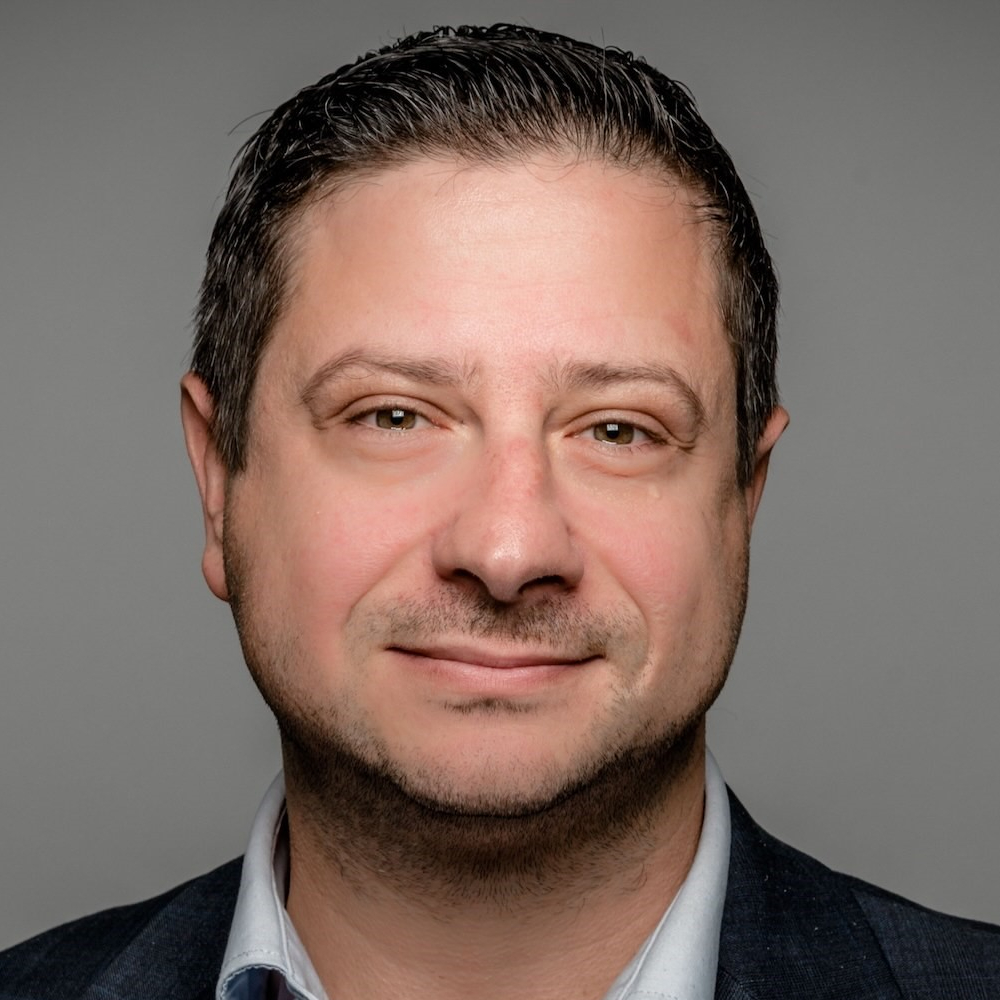



Social and political scientists